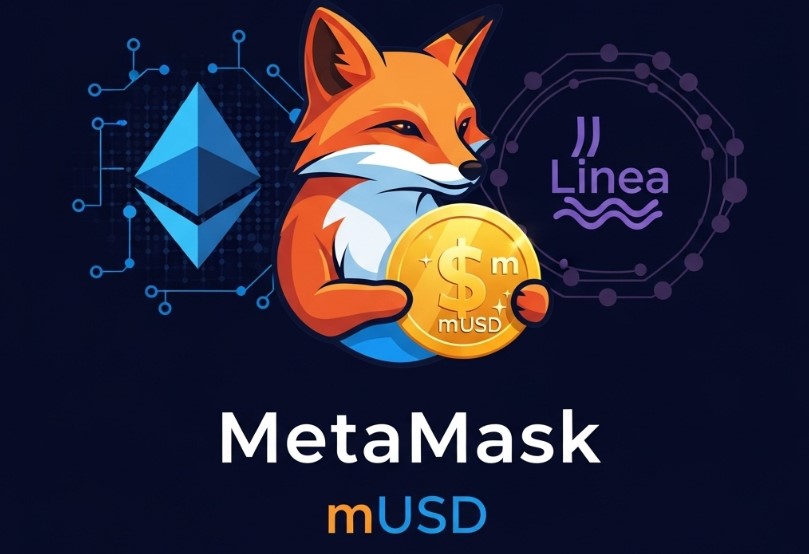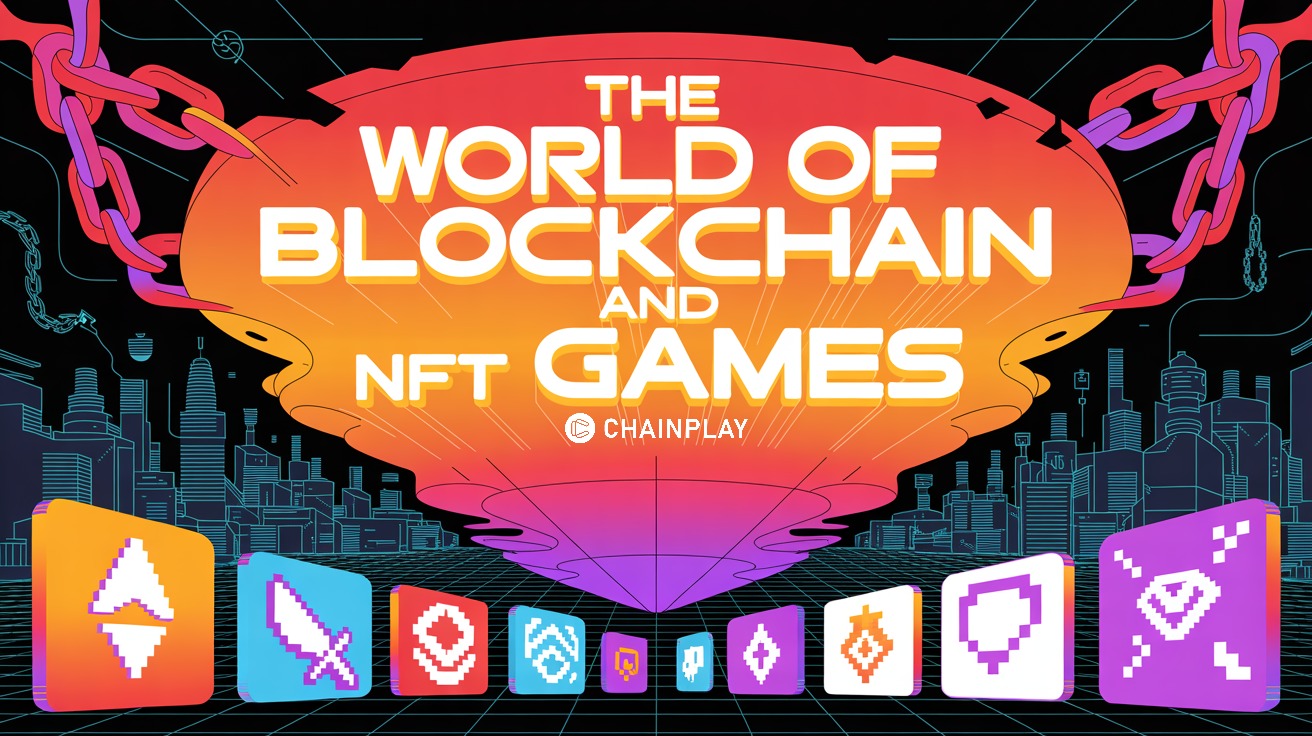News
GENIUS Act’s Impact: Will Retail Stablecoins Overtake Traditional Banking?
ChainPlay
•
one month ago
Share :

The U.S. financial system is facing a quiet revolution, and it’s being led not by banks but by retail giants. With the passage of the GENIUS Act, crypto is no longer just a side story but the centre stage. Specifically, stablecoins are now under the spotlight with interest outside fintech firms. Amazon, Walmart, and maybe even Starbucks could be considering launching their own stablecoins, and that changes everything.
What Is the GENIUS Act, and Why Does It Matter?
Passed with strong bipartisan support, the GENIUS Act is the first major U.S. law focused on stablecoins. It provides a clear legal structure, allowing certain institutions, including banks, credit unions, and approved non-bank entities, to issue them.
But it doesn’t stop there. The law prohibits unbacked or algorithmic stablecoins, making room only for those backed by real assets. That means any stablecoin created under this act must be transparent, safe, and accountable. It’s a regulation with clarity. And clarity is the one thing big players love.
Why Are Retail Giants So Interested?
Let’s talk about scale. Companies like Amazon and Walmart process billions of dollars in payments every single day. Most of those transactions go through traditional payment networks like Visa and Mastercard. That’s expensive, as they pay 2% to 3% in fees on every swipe, tap, or click.
That adds up to billions in costs every year. Now imagine this: instead of using Visa, Amazon simply issues its stablecoin. You pay with “AmazonCoin,” and your order is settled instantly. No banks, or middlemen. Just value transfer on a blockchain.
The company saves billions, and you get rewards and instant processing.
Stablecoins as the New Loyalty Engine
These aren’t just digital dollars but programmable money. Retailers could build entire ecosystems around their stablecoins. Cashback in coins. Discount codes are embedded in the token. Special pricing for holders. It’s the next generation of customer loyalty.
Today, you might collect reward points that only work in one app. Tomorrow, you could earn a stablecoin you can spend, swap, or stake, anywhere. That’s far more useful than points that expire in 30 days. This model also builds customer stickiness. If you own WalmartCoin and it gives you 10% off every purchase, why shop anywhere else?
Instant Settlements, Global Reach
Beyond rewards and fee savings, stablecoins unlock real business benefits. One is instant settlement. Retailers no longer have to wait days for credit card payments to clear. They get their funds right away. That improves cash flow and makes inventory and logistics smoother.
It’s also huge for global payments. International settlement today is slow, expensive, and filled with friction. Stablecoins can process those transactions in seconds, at almost no cost, and they can do it 24/7.
But What Happens to the Banks?
This is where it gets serious. If retailers control payments, where does that leave the banks?
According to Hank Huang, CEO of Kronos Research, money is already moving. “If more companies adopt this trend,” he says, “banking systems will have to adapt quickly, especially as money shifts away from traditional deposits.”
Think about it: if customers hold WalmartCoins instead of keeping dollars in a checking account, that’s a massive capital migration. Banks lose deposits. They lose transaction volume. They lose relevance, and they’ll have to fight back.
Can Banks Compete?
Yes, but not by doing more of the same. Banks still have powerful tools at their disposal. One is FDIC insurance. Retail stablecoins may be convenient, but they won’t come with the same protections (at least not yet). If a company collapses or its reserves are mismanaged, users could lose everything.
Banks also have decades of trust and infrastructure. They’re regulated, insured, and time-tested. That still matters.
Many are now exploring digital dollar strategies. Some are experimenting with issuing their own stablecoins, possibly even under the GENIUS Act framework, and they could offer a hybrid model: the speed of stablecoins with the security of bank guarantees.
Risk and Reward for Consumers
This new world isn’t all upside. Yes, stablecoins from Amazon or Walmart could save you money and offer better service. But they also come with risk.
Unlike your savings account, these coins might not be insured. If something goes wrong, like a hack or a reserve mismanagement, there’s no FDIC bailout. No guaranteed refund.
Also, with every major company issuing its coin, we might end up with a fragmented financial system. A wallet full of brand-specific currencies. That could make life more complicated, not less.
Still, the demand is strong. And the innovation is real.
Retail Stablecoins vs. Traditional Money: The Bigger Picture
The real story here isn’t just technology. It’s about who gets to control money in the future. For decades, that power sat squarely with banks and governments. But stablecoins open a new door, one where private companies create, manage, and circulate digital currencies.
With regulation now on their side, they’re walking through that door fast. In many ways, this isn’t just about replacing cash. It’s about reimagining what money can do. If retailers build stablecoins that work better for users than banks do, it’s not hard to guess who wins.
A Fork in the Financial Road
The GENIUS Act doesn’t answer every question. But it sets the stage for a massive shift. Retailers see a chance to own the customer relationship more deeply. To control payments. To cut out middlemen. To build financial ecosystems where they call the shots.
Banks, meanwhile, are being told to innovate or lose ground. Some will adapt. Some won’t, and in the middle are consumers, who will soon have more choice than ever about where their money lives, how it moves, and what it earns.
That’s the future the GENIUS Act just accelerated.
Final Thoughts
This isn’t a trend, but a transition. Retail-backed stablecoins aren’t just a quirky idea. They’re already reshaping the payment landscape. And they’re doing it with the help of legislation, enterprise adoption, and consumer demand.
Will they completely overtake banks? Maybe not. But they will force banks to evolve. More importantly, they’ll give everyday people more control, more options, and more flexibility in how they interact with money.
The line between commerce and finance is blurring, and the race to define the next version of money is officially on.
Share this article
#Other
Latest News

MetaMask Unveils Native mUSD Stablecoin To Be Rolled
7 hours ago

Everything You Should Know About Blockchain Gaming
yesterday

YGG Play and Pudgy Penguins Reveal New Asia-Themed
2 days ago
Pixelmon TCG Arrives in Early Access with Battles,
2 days ago

The Hugely Varied World of Blockchain and NFT Games
2 days ago
Related articles

YGG Play and Pudgy Penguins unveil Pengu Wonderland in LOL Land, an Asian-themed map with landmarks, NFTs, and a Coinfest Asia 2025 launch.
ChainPlay
•
2 days ago

Learn what makes blockchain-based Play-to-Earn games unique in 2025, from NFT economies to guild ecosystems.
ChainPlay
•
yesterday

MetaMask, the self-custody wallet used by tens of millions, is stepping directly into the stablecoin market with MetaMask USD ($mUSD)—a dollar-pegged asset that will debut on Ethereum and Linea, ConsenSys' EVM-equivalent layer 2. The $mUSD stablecoin will be built into the self-custodial wallet, allowing MetaMask users to enjoy an effortless dollar-denominated stablecoin they can hold, spend, and transact effortlessly in the web3 ecosystem.
ChainPlay
•
7 hours ago


